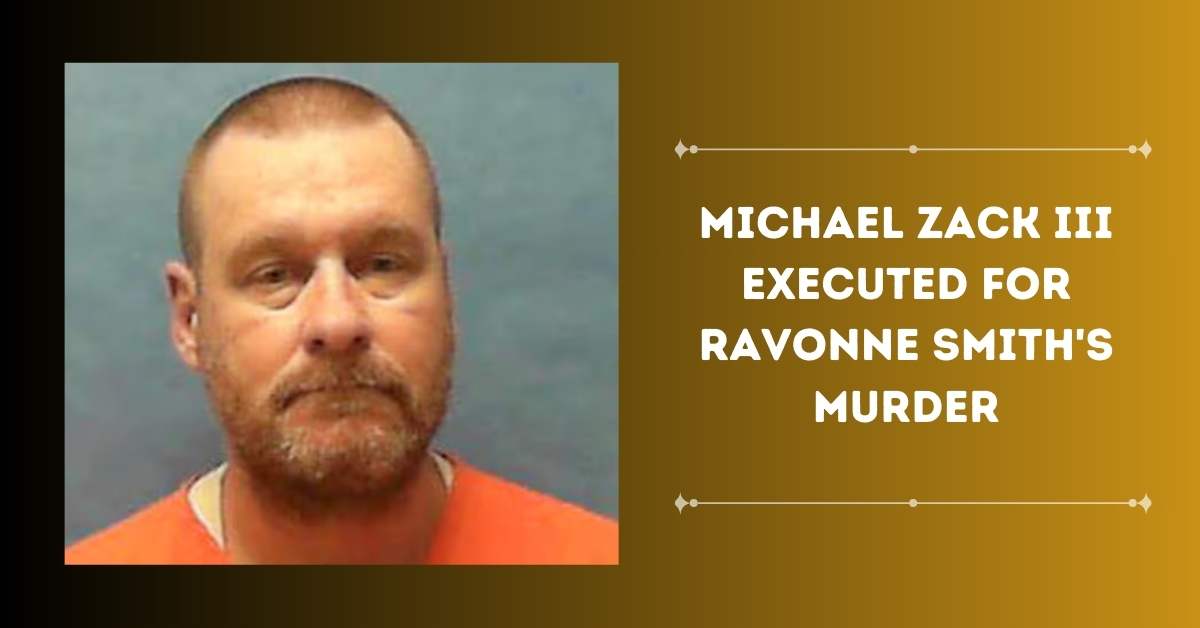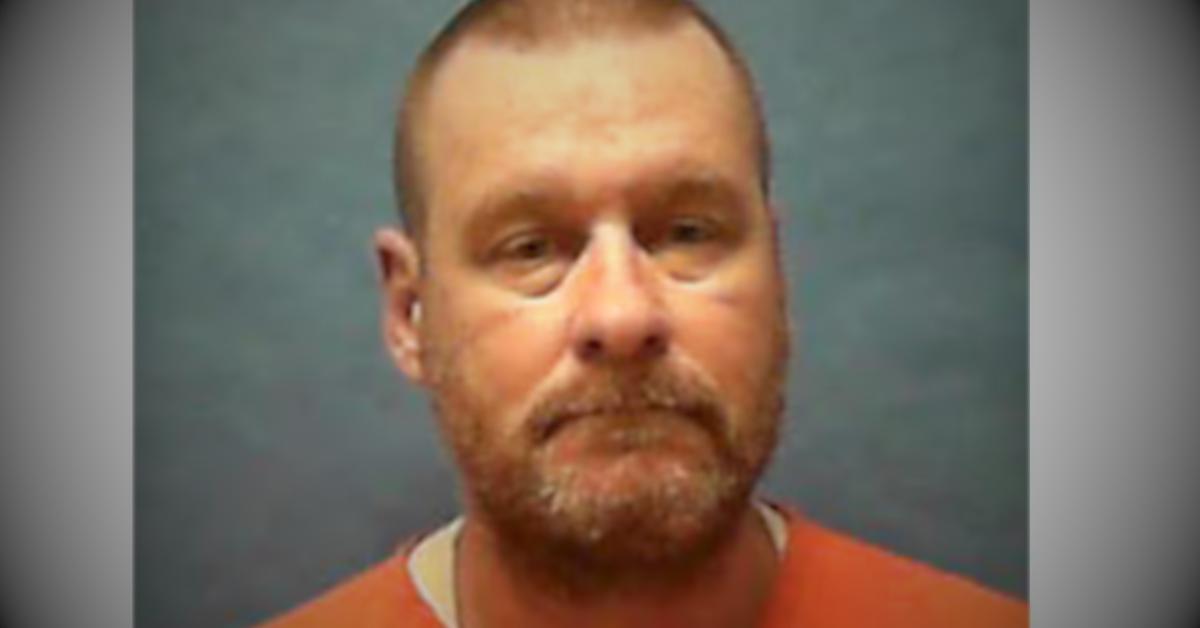The Florida State Prison executed Michael Duane Zack III via lethal injection on Tuesday evening (3 October 2023), ending a decades-long legal fight. Zack had been on Florida’s death row since 1997 for the brutal murders of two women he had met at bars along the Florida Panhandle.
His execution marked the eighth under Governor Ron DeSantis and the sixth in the state this year, underscoring the ongoing debate surrounding the death penalty.
Michael Zack III Final Moments and Legal Challenges
As the clock neared 6:00 p.m. on the fateful evening, Michael Zack III was asked if he had any last words. In a poignant moment, he replied, “Yes sir,” and lifted his head to look at the witnesses, saying, “I love you all.” Notably, Zack declined the customary last meal offered to him, further emphasizing the gravity of the situation.
Despite his impending execution, Zack’s legal team had mounted a last-ditch effort to halt the process. They alleged that a lower court had erred in denying his claim that he was intellectually disabled. During his trial, Zack’s defense counsel had argued that he suffered from fetal alcohol syndrome and posttraumatic stress disorder, both classified as brain dysfunction and mental impairments, respectively.
Also Check – Gabby Petito Autopsy: What Exactly Happened To Her?
Michael Zack III Reign of Terror
The saga of Michael Zack III’s crimes began in June 1996 when he embarked on a chilling nine-day crime spree. It all started in Tallahassee, the state capital, where Zack was a regular at a local bar. When his girlfriend called, informing him of an impending eviction, a bartender offered him her pickup truck. Zack accepted the offer and left, never to return, setting the stage for a wave of violence.
His journey led him to a bar in Niceville, Florida, where he befriended a construction company owner. Learning that Zack was living in the pickup truck, the man extended an invitation to stay at his home. Zack repaid the kindness with theft, making off with two guns and $42, which he later pawned.
At yet another bar, Zack met Laura Rosillo and invited her to the beach for a drug-induced encounter. There, he subjected her to a brutal assault, dragging her partially clothed into the dunes, strangling her, and burying her under sand. The following day, Zack’s path crossed with that of Ravonne Smith, setting the stage for another horrific crime.
Michael Zack III’s Two Murders
Michael Zack III’s murderous spree reached its apex with the murder of Ravonne Smith, a bar employee he had befriended. After an evening of smoking marijuana at the beach, Smith took him to her home, where Zack’s violent tendencies were unleashed. He attacked her, smashing a bottle over her head, slamming her onto the floor, raping her, and ultimately stabbing her four times in the chest with an oyster knife.
Zack then callously stole Smith’s belongings, including her television, VCR, and purse, and attempted to pawn the electronics. His crime spree reached its zenith with two lives lost, countless lives shattered, and a community forever scarred by his actions.
Also, Look at – Jeff Alessi Obituary: Motocross Community Mourns a Hero!
Zack’s Defense and Controversy
Despite his heinous crimes, Zack’s legal team vigorously argued against his execution, citing his potential intellectual disabilities arising from fetal alcohol syndrome and posttraumatic stress disorder. These claims became central to the legal battle that played out in the courts. Ultimately, the United States Supreme Court declined to grant a stay of execution, marking the end of a long and contentious legal process.
Governor Ron DeSantis presided over Zack’s execution, making it the eighth such event under his leadership since 2019. This contentious issue has been a cornerstone of DeSantis’s approach to governance, with a focus on tougher and more far-reaching death penalty laws.
As the chapter on Michael Zack III’s life comes to a close, the debate over capital punishment in Florida, and indeed the nation, continues. Zack’s execution serves as a stark reminder of the profound and lasting consequences of violent crimes and the complex and contentious nature of the death penalty in the United States.


